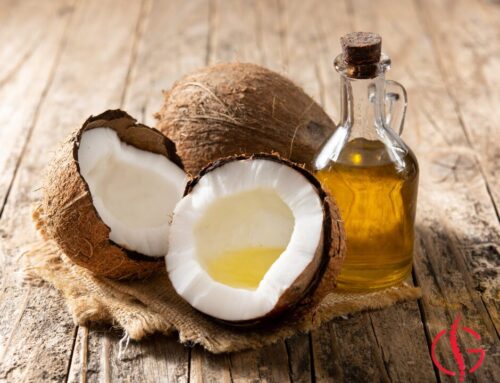What is a Good Carb VS. Bad Carb?
|
Complex vs. Simple
One way to categorize carbs would be complex or simple. Many may believe the simpler, smaller carbohydrates are easier for your body to process because they are SIMPLE. This is not the case. Simple carbs are too easy for your body to digest and can cause spikes in your blood sugar. Insulin plays a part in all of this, but that is a subject for another blog. These simple carbs are typically sugars, while complex carbs are the starches and fibers. The picture of simple vs complex must be balanced against the wholeness of the food- refined or unrefined. In most cases refinement of foods leaves behind something that would have supported the body such as the co factors which are part of carbohydrate metabolism.
While it may seem like a bad thing that complex carbs take longer to break down, this is good for many reasons. It keeps you feeling full for longer, and because they take longer to process it gives you more time to absorb all of the good vitamins and nutrients your body needs. Because these complex carbs are bigger in size, they themselves are packed with more nutrients, vitamins and antioxidants than the simple sugars. This is where the idea of “empty carbs” comes from. The simpler carbs do not contain vitamins or nutrients.
Simple:
· Breakfast cereals
· Yogurts
· Soda
· Candy
· Baked goods
· Fruit juices
Complex:
· Potatoes and sweet potatoes
· Peas
· Whole grains
· Oats
· Beans
· Hummus
· Lentils
· Fruits
· Corn
Processed vs. Unprocessed
Carbohydrates are very important for your body, as they give each of your cells the energy to carry out all of their tasks. You should be intaking around 200-300 grams of carbohydrates a day, but the kind of carbohydrate is very important as processed carbohydrates have a list of health conditions they lead to. Processed carbohydrates are also everywhere so being able to identify foods that should be limited or avoided is very important to maintaining overall health.
Unprocessed Carbohydrates:
· vegetables
· quinoa
· barley
· legumes
· potatoes
· whole grains
· oats
· beans
Processed Carbohydrates:
· Sugary drinks.
· White bread.
· Pastries, cookies and cakes.
· Ice cream.
· Candies and chocolates.
· French fries and potato chips.
Your body will use up the carbs first for energy. If you have carbs at every meal and a lot of them, your body will only run off the carbs and save the rest of the carbs as fat. This means that all of the fat and sugars in your diet will be stored because the body has all of the carbs that it needs. Carbs are a great source of energy, when in moderation.
[1] I;, B.-M. J.-P. J. K. (n.d.). Carbohydrates–the good, the bad and the whole grain. Asia Pacific journal of clinical nutrition. https://pubmed.ncbi.nlm.nih.gov/18296292/
Written by: Donaid Seals D.C
Dr. Seals is a practicing Doctor of Chiropractic with over 25 years of experience caring for people. His thinking is the product of his education, practice experience and many years in the natural foods and fitness industry. He has become living proof that old muscleheads don’t die-or fade away; sometimes they grow up to bring real-world expertise to the clinical picture. Traditional background information is available here.


Leave A Comment